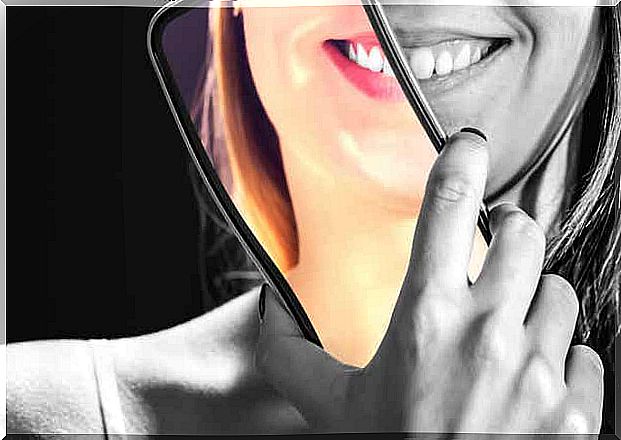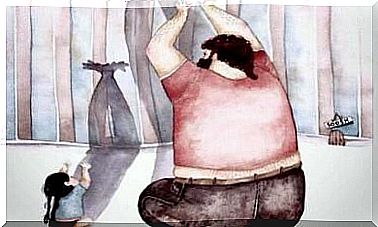I Can’t Live Without You: The Problem Of Social Media Filters

They’ve been acting silently for years, they’ve settled into your phone, got tangled in your head, and it’s time to tell social media filters, “I can’t take it anymore!”
Initially, it was fun: we would take a selfie and we could see what we looked like with dog ears or cat whiskers. Little by little, the filters of social networks have become a virtual make-up.
They are able to hide our wrinkles, birth freckles, dark circles under our eyes and pimples. They can also alter facial features, and make eyes appear larger, chin more pointed, or cheekbones more pompous and colorful.

Social media filters and self-esteem
For many people who use social media, the decorative and fun function of filters has taken a back seat. Virtual makeup has become a necessity. Some people even experience intense discomfort if a photo of themselves appears unfiltered or just when they see their true reflection in the mirror.
Virtual retouching reinforces the fiction of ideal beauty that social media is already generating. The difference between the image reflected in the mirror and the image seen through the camera creates insecurities, unease and emotional suffering.
In more severe cases, what is known as body dysmorphia, a mental disorder in which the person suffers from the physical imperfections that they perceive in their body that other people may consider minimal or not even. not perceive at all.
Social media filters have crossed borders
Not only do they damage the self-esteem of some people and cause psychological disorders, but they have also crossed another frontier, that of cosmetic surgery. Some of the people who use cosmetic medicine do it to look more like their filter selfies.
More and more young people are deciding to take the plunge and have a cosmetic touch up, thinking that they will feel more confident and that they will be able to do all those things that they are not doing now because they are insecure.
These young people believe that changing their appearance will be the magic solution to their insecurities and related problems. However, true self-confidence and self-esteem isn’t measured in inches or pounds, or in the number of wrinkles or skin blemishes.

The alarm bell
Thinking that you are not good enough because you do not meet a social standard of beauty is very dangerous psychologically. The alarm bells should be sounded if a person feels they need a filter, makeup, or a physical change to be happy.
Going through psychological therapy will not change body image, but the way a person relates to themselves and their physical appearance. A mental health professional can help you understand what is happening to you and build a healthy relationship with yourself.
A social report
In addition to personal changes, it is necessary to make a social assessment of the use of these networks. As users of these networks, we must be aware that the constant use of filters can harm not only our self-esteem, but also that of the people who see us.
Influencers and public figures are role models others can look up to. Such a simple gesture on their part as posting unretouched photos can help normalize the idealized figure many people form around them.
Governments and laws should not ignore this phenomenon either. In promoting mental health, we all have a responsibility.
The review of legislation and advertising practices related to beauty filters, as well as the strengthening of mental health care are examples of how people’s well-being can be improved socially and politically.










